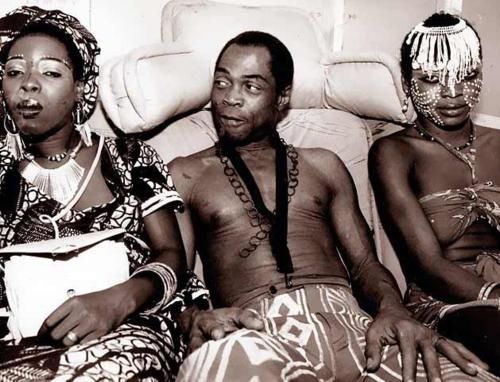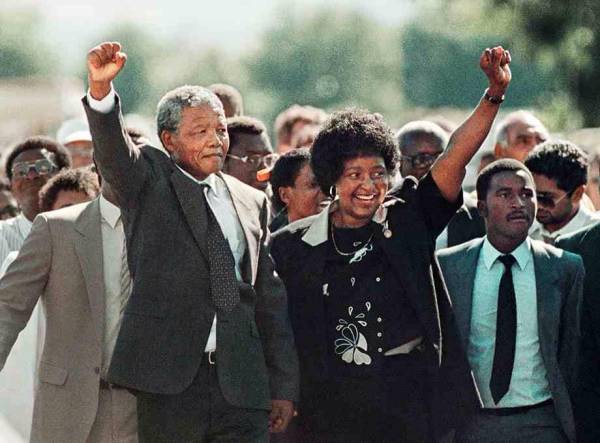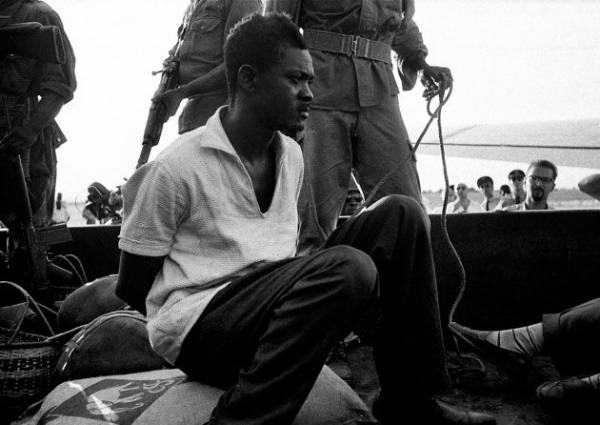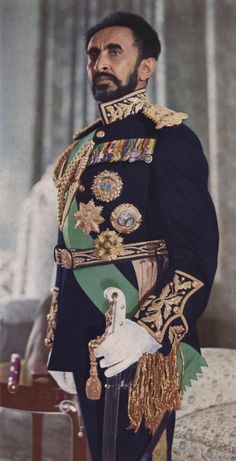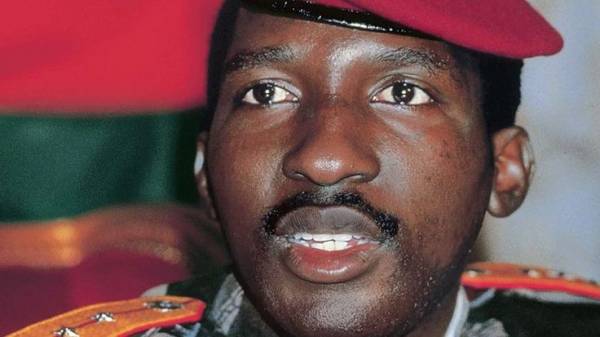
[onepage]
[gallerypage]
Africa shares a very rich history. The continent is the home of great political leaders, sports figures, warriors, and, of course, great people. Through these influential people, the following events marked our continent’s history.
1. Africa’s Giant
The man with 27 wives once said: “With my music, I create change…I am using my music as a weapon.”
[/gallerypage]
[gallerypage]
2. The Symbol of the Egyptian Revolution
source
On January 25th 2011, Tahrir Square was the focal point of the 2011 Egyptian Revolution against former president Hosni Mubarak. More than 50 000 protesters occupied the square to demand the overthrow of Mubarak. This socioeconomic civil uprising is also called The Arab Spring.
[/gallerypage]
[gallerypage]
3. Lucy
On November 24th 1974, a paleoanthropologist discovered the partial remains of one of the humankind’s earliest ancestors. Nicknamed “Lucy”, the skeleton discovered in Ethiopia was classified as a 3.2 million-year-old “Australopithecus afarensis”.
[/gallerypage]
[gallerypage]
4. Africa’s Che Guevara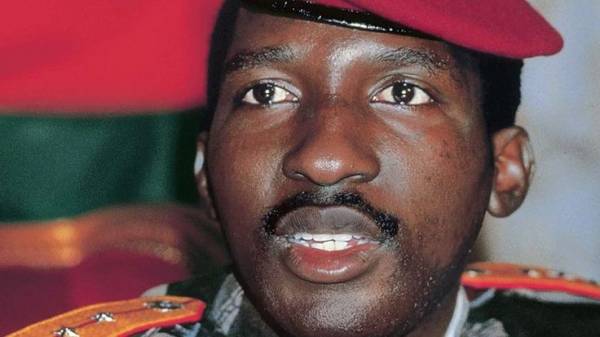
source
Thomas Isidore Noël Sankara, or “Africa’s Che Guevara” was an iconic figure in Burkina Faso’s independence. He served as a president from 1983 to 1987 before he was assassinated.
[/gallerypage]
[gallerypage]
5. The Indomitable Lion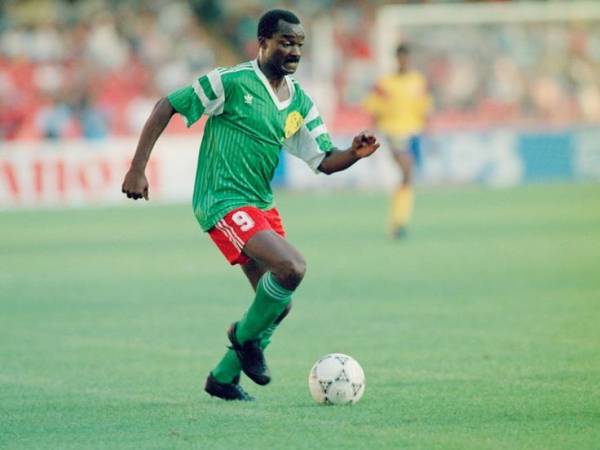
source
Roger Milla is the striker who helped Cameroon become the first African football team to reach the World Cup quarter-finals in 1990.
[/gallerypage]
[gallerypage]
6. A Woman in Power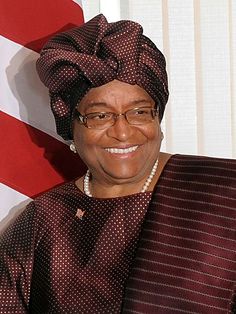
source
Ellen Johnson Sirleaf is Africa’s first female president. She was also awarded the 2011 Nobel Peace Prize.
[/gallerypage]
[gallerypage]
7. The “Tirailleurs Sénégalais“
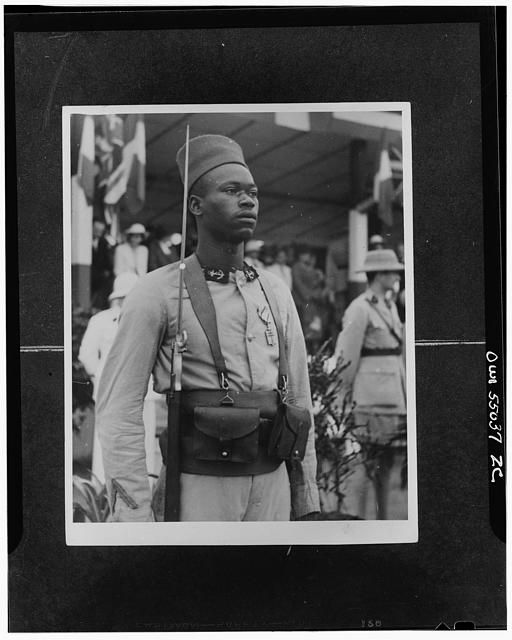
source
The Tirailleurs were a corps of colonial infantry in the French Army recruited from the French colonial empire. They served France in a number of wars, including World War I and World War II. They played a major role in France’s liberation during WWII. However, after the Liberation, the Tirailleurs were removed from service and replaced with white soldiers on the order of Charles de Gaulle, a process known as “blanchiment” (whitening).
[/gallerypage]
[gallerypage]
8. The Thiaroye Massacre 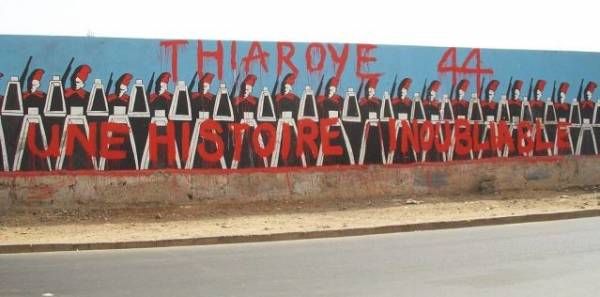
source
On the night of November 30th to December 1st 1944, the French army massacred French West African troops in the military camp of Thiaroye in Senegal. Also known as “Tirailleurs Sénégalais”, the brave men mutinied against poor conditions and a revocation of pay at the Thiaroye camp.
[/gallerypage]
[gallerypage]
9. “Mandela Goes Free Today”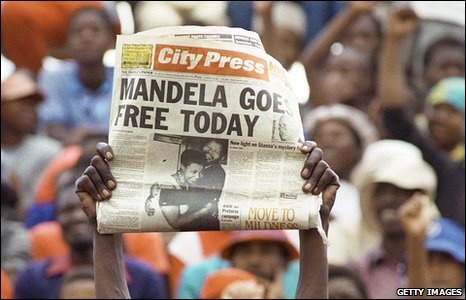
source
On February 11th 1990, South African President Frederik de Klerk freed anti-apartheid activist Nelson Mandela after a 27-year incarceration.
[/gallerypage]
[gallerypage]
10. Rumble in the Jungle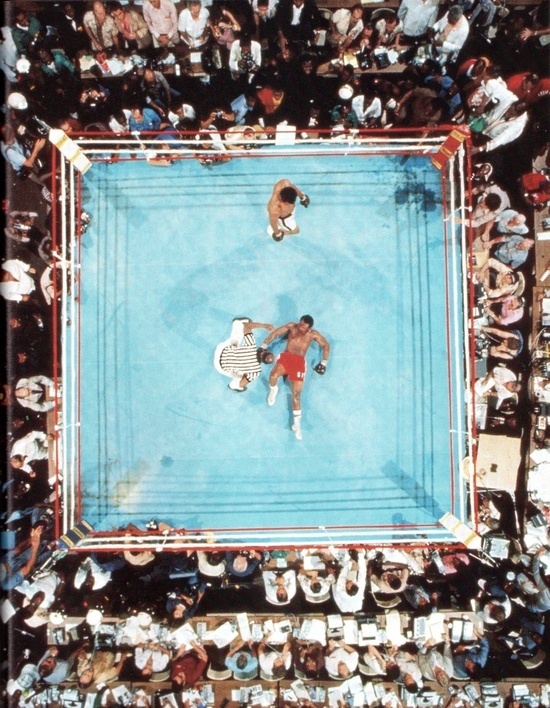
source
The Rumble in the Jungle was a boxing event in held in Kinshasa in 1974, Zaire (now DRC). On October 30th 1974 Muhammad Ali knocked out George Foreman. The fight was called “arguably the greatest sporting event of the 20th century”.
[/gallerypage]
[gallerypage]
11. The Last Ride
Patrice Lumumba was a Congolese independence leader and the first democratically elected Prime Minister of the Republic of the Congo. He played an important role in fighting for independence from Belgium. After Colonel Joseph Mobutu’s coup d’etat, Lumumba was imprisoned by state authorities and executed by a firing squad.
[/gallerypage]
[gallerypage]
12. The Rwanda Genocide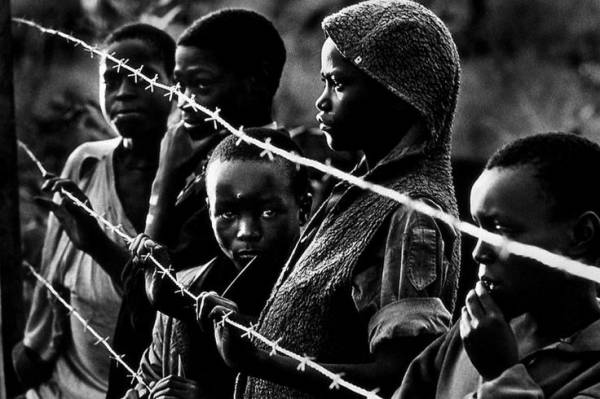
source
The Rwandan Genocide was a mass slaughter of Tutsis and moderate Hutus in Rwanda in 1994. During approximately 100 days, an estimated 500,000 to 1,000,000 Rwandans were killed, representing as much as 20% of the country’s total population and 70% of the Tutsi then living in Rwanda.
[/gallerypage]
[gallerypage]
13. King Selassie
In 1930, Haile Selassie, known as Ras Tafari, was crowned emperor of Ethiopia. Upon his ascension, he chose the name of Haile Selassie I.
[/gallerypage]
[gallerypage]
14. Africa Must Unite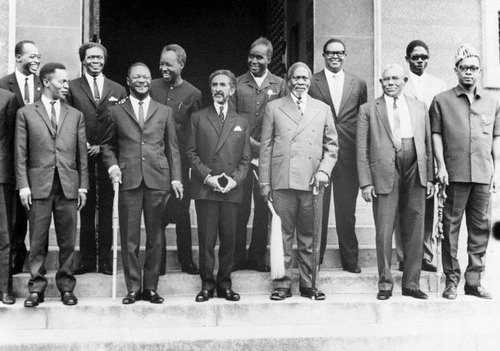
source
The Organization of African Unity (OAU) was established on May 25th 1963. The organization assembled 37 African Nations to promote “unity and development; defend the sovereignty and territorial integrity of members; eradicate all forms of colonialism; promote international cooperation; and coordinate members’ economic, diplomatic, educational, health, welfare, scientific, and defense policies.”
The OAU was disbanded on July 9, 2002 by its last chairperson, South African President Thabo Mbeki, and replaced by the African Union.
[/gallerypage]
[gallerypage]
15. The Black Star
On March 6th 1957, Ghana became the first African nation to declare independence from the European colonisation.
SEE ALSO: Africa Has 29 Billionaires. Guess Who’s Back On The List of Africa’s Richest People?
[/gallerypage]
[/onepage]
